1. Don’t Call It “Frisco” in California
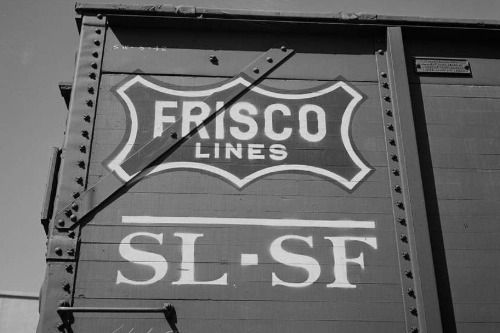
If you ever refer to San Francisco as “Frisco,” expect some side-eye—or a full-on correction—from locals. Longtime San Franciscans generally dislike the nickname, associating it with tourists or outdated portrayals of the city. The late columnist Herb Caen famously campaigned against it, even writing a book titled Don’t Call It Frisco. While it might sound harmless, it hits a nerve with those who take city pride seriously.
California has its own brand of identity politics, and language is part of that. Locals prefer “The City” or just “San Francisco,” and you’ll fit in better if you go with that. Many see “Frisco” as an attempt to over-familiarize yourself with a place you don’t really understand. It’s not just a word—it’s a culture clash.
2. Don’t Insult Ranch Dressing in the Midwest
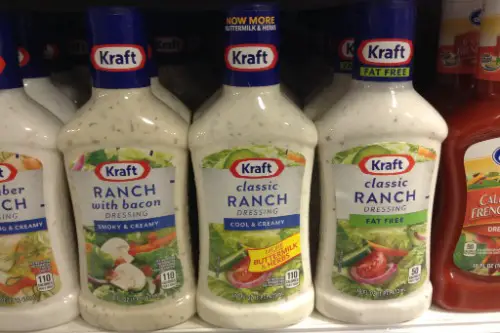
In places like Iowa, Nebraska, and the Dakotas, ranch dressing isn’t just a condiment—it’s practically a food group. Outsiders might joke about how Midwesterners put ranch on everything, but it’s best not to do that in earshot of locals. Whether it’s on pizza, fries, or salads, it’s beloved for a reason. People grow up on it, and it hits a nostalgic sweet spot.
Mocking ranch dressing can feel like mocking someone’s upbringing. It’s not about culinary sophistication—it’s about comfort and identity. Many Midwesterners take pride in simple, hearty meals, and ranch is part of that DNA. So if you’re visiting, maybe just embrace the bottle.
3. Don’t Mention the Civil War in Certain Parts of the South—Unless You’re Treading Carefully
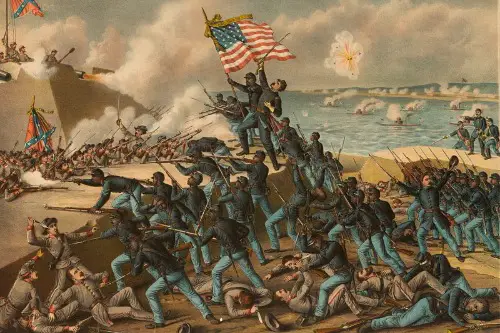
Bringing up the Civil War in states like Mississippi or Alabama can be tricky, especially if you’re not from around there. The war’s legacy still echoes in regional identity, and people often have deeply personal or family-rooted views about it. It’s not just history—it’s a source of ongoing political and cultural debate. Outsiders who criticize the South without context can come off as smug or ignorant.
While many Southerners acknowledge the complicated past, they don’t appreciate lectures from people who don’t live there. Conversations about the Confederacy, monuments, or even flags can get heated fast. If you do talk about it, be respectful and informed. Otherwise, it’s a subject best avoided at the dinner table.
4. Don’t Complain About Snow in Minnesota
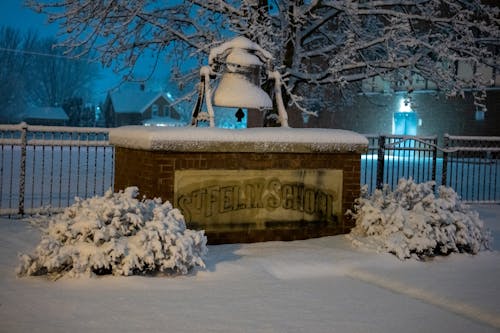
If you’re in Minnesota in January and groaning about the snow, you’ll mark yourself as a rookie fast. Minnesotans deal with some of the harshest winters in the U.S., and they take pride in their resilience. Snowstorms, icy roads, and subzero temps are all part of the lifestyle. Complaining too much makes you sound weak—or worse, whiny.
Locals tend to bond over winter hardships, not gripe about them. They’ve developed systems for everything: remote car starters, heated garages, and full-on survival kits in the trunk. The weather is a test of character, and passing it is almost a badge of honor. So if you’re visiting, bundle up and fake a smile.
5. Don’t Trash Talk College Football in Alabama
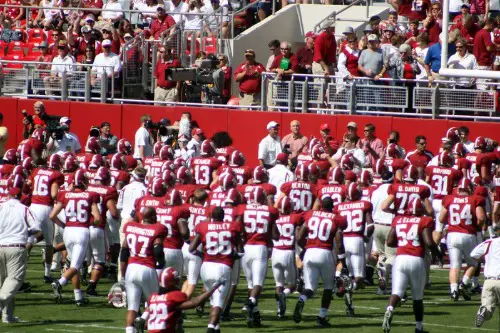
In Alabama, college football isn’t just a sport—it’s a religion. You’re either with the Crimson Tide or the Auburn Tigers, and neutrality is rare. Outsiders who mock the obsession risk offending not just individuals but entire families and communities. Game day rituals, tailgating, and team loyalty run deep here.
Many locals build their yearly schedules around the football season. Some weddings are even planned to avoid fall Saturdays. Talking smack about college football in Alabama is like walking into a cathedral and cracking jokes during a sermon. Even if you don’t get it, it’s wise to show some reverence.
6. Don’t Say Anything Bad About Wawa in Pennsylvania
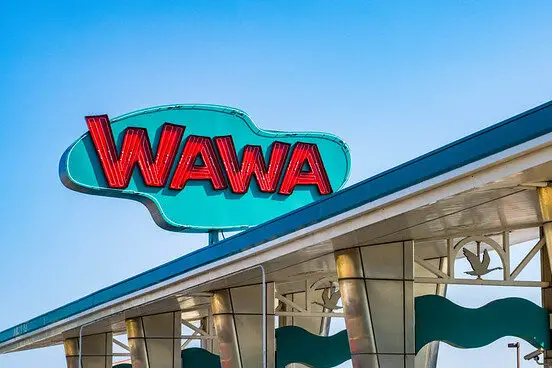
If you’re visiting Pennsylvania and say something negative about Wawa, prepare for a swift rebuttal. Wawa is more than a convenience store—it’s a beloved institution. Known for its hoagies, coffee, and touchscreen ordering, it has a cult-like following, especially in Eastern Pennsylvania. Locals defend it with passion and pride.
People who grew up with Wawa often associate it with late-night food runs, road trips, or everyday routines. It’s part of the cultural landscape, especially around Philly. Outsiders who compare it unfavorably to, say, 7-Eleven or Sheetz (gasp!) can strike a nerve. Best to just enjoy your hoagie and nod appreciatively.
7. Don’t Joke About “Jersey” in Front of New Jerseyans

New Jersey has long been the butt of national jokes—about pollution, accents, or that whole Jersey Shore thing. But locals are fiercely proud of their state and quick to defend it. Outsiders who lean too hard into stereotypes often come off as snide or uninformed. New Jersey has beautiful beaches, great food, and strong community pride.
People from the Garden State hear the same tired jabs over and over. They know about the turnpike and the industrial areas—you don’t need to remind them. If you’re going to poke fun, at least learn a little about what makes the state great. That way, your jokes feel more like bonding than belittling.
8. Don’t Try to Pump Your Own Gas in Oregon
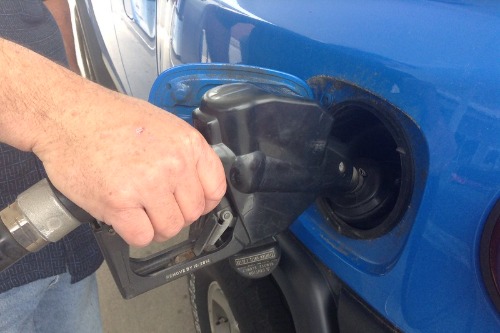
In Oregon, it’s illegal to pump your own gas in most counties—a law that often surprises visitors. Try to do it yourself and a gas station attendant will quickly stop you, sometimes not too politely. The law is about job preservation and safety, and many Oregonians are used to the system. It’s been in place since 1951, and people are pretty attached to it.
To outsiders, it might feel old-fashioned or inconvenient. But to locals, it’s just how things work. Some even see it as a small luxury—why step out in the rain if you don’t have to? So sit tight in your car, and let someone else handle the nozzle.
9. Don’t Ask Why There’s No Sweet Tea in the North
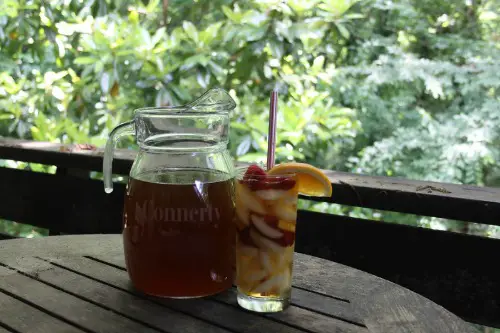
If you’re from the South and visiting New England or the Midwest, asking for sweet tea might get you a confused look. In many northern states, sweet tea just isn’t a thing—you’ll usually be offered unsweetened tea with sugar packets. That’s not the same, and any Southerner knows it. But outsiders pressing the issue might come off as a little too aggressive about it.
People in the North just didn’t grow up with it, and that’s okay. Food culture varies widely across the country, and sweet tea is a Southern staple. Locals aren’t trying to be rude—they just genuinely don’t stock it. So if you can’t find your beloved drink, maybe settle for lemonade and move on.
10. Don’t Mispronounce “Nevada” in Nevada
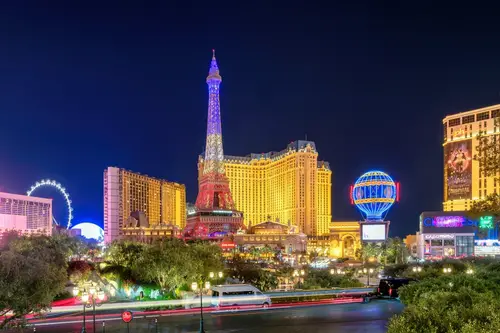
If you pronounce Nevada like “Nev-AH-da,” locals will instantly clock you as an outsider. The correct pronunciation is “Nev-AD-a,” with a short “a,” and Nevadans are notoriously touchy about it. Even politicians have been called out for saying it wrong. It might seem like a small thing, but it matters here.
The name reflects the state’s heritage and identity, and locals see mispronunciation as lazy or disrespectful. It’s one of those regional things where getting it right earns you a bit of insider cred. Think of it like learning how to say “Oregon” properly, too. You don’t need to be perfect—just make the effort.
11. Don’t Underestimate How Seriously Texans Take the Flag
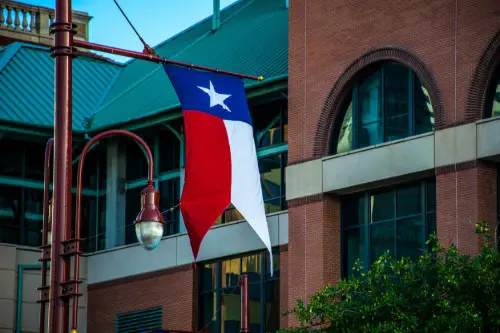
In Texas, the state flag isn’t just a symbol—it’s a point of pride, patriotism, and identity. Texans fly it almost as often (and proudly) as the American flag. There are specific state laws on how it can be displayed, and many residents know them. Outsiders who treat the flag casually or disrespectfully can step into real trouble.
It’s not just about nationalism—it’s cultural. Texas has a unique history, including its time as an independent republic. That legacy feeds into the deep reverence people have for their symbols. Even if it feels over-the-top, showing respect for the Lone Star flag will go a long way.
12. Don’t Say “Kansas City” Without Clarifying Which One
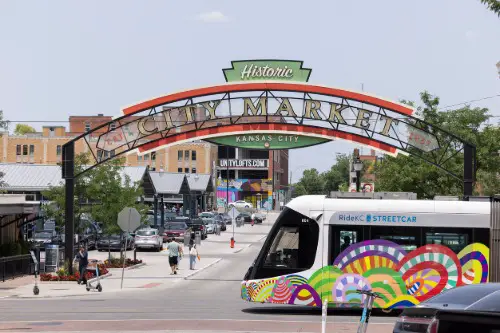
Say you’re going to “Kansas City” and someone from Missouri might assume you mean their Kansas City—which is the larger and more well-known one. Kansas City, Missouri and Kansas City, Kansas are neighboring cities, but very different in terms of culture and layout. Locals are very aware of the distinction, and outsiders who mix them up can sound pretty clueless. It’s not just a semantic issue—it’s about civic pride.
Missourians often feel overshadowed by the fact that the state’s most famous city shares its name with another state. Saying you’re in Kansas City “Kansas” while standing in Missouri might earn you a sharp correction. It’s a small detail, but a telling one. When in doubt, just ask—and avoid assuming all KCs are created equal.
This post 12 State-Specific Taboos That Outsiders Learn the Hard Way was first published on American Charm.


